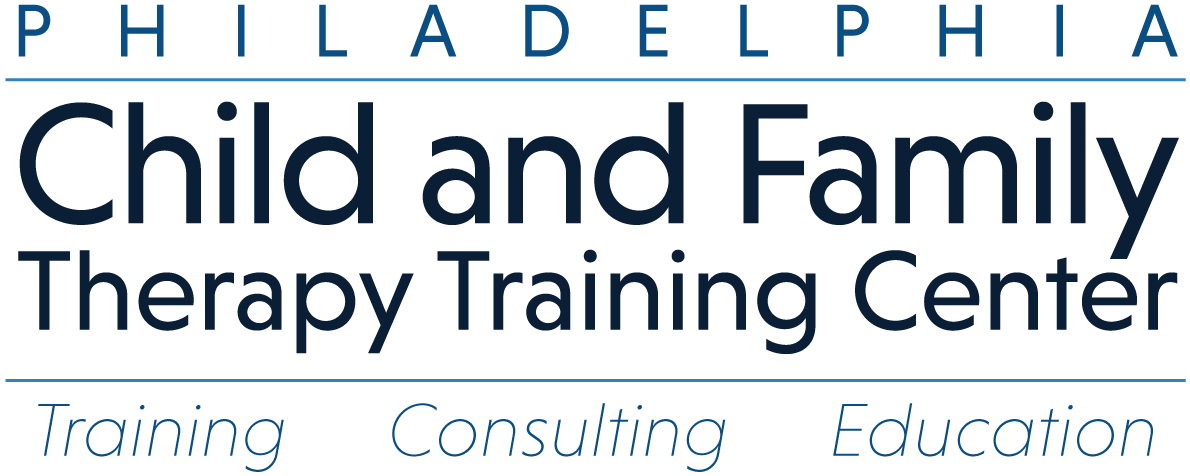
Supervision in systemic family therapy plays a crucial role in the professional development of therapists, especially those who are still gaining experience in the field. While the ultimate goal of therapy is to support and foster positive change within families, the primary responsibility of the supervisor is to promote the growth of the supervisee, not the family. This distinction is essential for ensuring that the therapist develops the skills, confidence, and professional identity necessary to effectively help families in the long term.
The Role of Supervision in Therapist Development
Supervision is a space for learning, reflection, and growth for the supervisee. It provides an opportunity for therapists to receive feedback on their interventions, explore their emotional responses to clients, and develop their therapeutic techniques. A supervisor’s focus should be on helping the supervisee build their competency in systemic family therapy, offering guidance that is tailored to the supervisee’s current level of experience and professional development needs. By prioritizing the supervisee’s growth, the supervisor ensures that the therapist is continually improving their skills and deepening their understanding of therapeutic concepts.
Avoiding the Temptation to Focus on the Family
It can be tempting for supervisors to shift their focus toward the family during supervision sessions, especially when the family is presenting with complex issues or is in crisis. However, this approach can undermine the developmental process for the supervisee. When supervisors prioritize the family’s needs over the supervisee’s learning, they may inadvertently take on the role of the primary therapist, leaving the supervisee in a passive position. This not only hampers the supervisee’s growth but also creates a dependency on the supervisor for problem-solving, rather than empowering the supervisee to develop their own clinical judgment and skills.
Empowering the Supervisee for Long-Term Impact
By focusing on the supervisee’s growth, supervisors equip therapists with the tools they need to independently navigate complex family dynamics and challenging cases. This empowerment is essential for the supervisee’s long-term success as a therapist. When supervisees are encouraged to critically reflect on their practice, take risks, and learn from their experiences, they are more likely to develop a strong professional identity and the confidence to work effectively with families on their own.
Conclusion
In systemic family therapy supervision, the supervisor’s primary responsibility is to promote the growth of the supervisee, not to intervene directly in the family’s issues. By maintaining this focus, supervisors ensure that the therapist develops the necessary skills, confidence, and autonomy to provide effective support to families in the long run. This approach ultimately benefits both the supervisee and the families they serve, as it fosters the development of a competent, reflective, and empowered therapist.
